About The LSTC
Our Mission
Our Scope of Service
The Life Sciences Testing Center (LSTC) was founded in July of 2020 to meet the testing needs of Northeastern’s ambitious reopening plan, by providing regular and accessible testing to the Northeastern community. Samples are delivered to the LSTC for high-complexity molecular testing, returning COVID-19 test results within 12-48 hours of sample collection.
Our operating hours are from 6 am to 9 pm, 7 days a week. We offer 3-gene SARS-CoV-2 testing and COVID/Influenza A/Influenza B combo testing to clinical clients, and have obtained an Emergency Use Authorization from the FDA for our home collection COVID testing kit.
To read more about the Life Sciences Testing center in the news, visit Northeastern Global News for feature stories and highlights of the COVID-19 research effort at Northeastern.
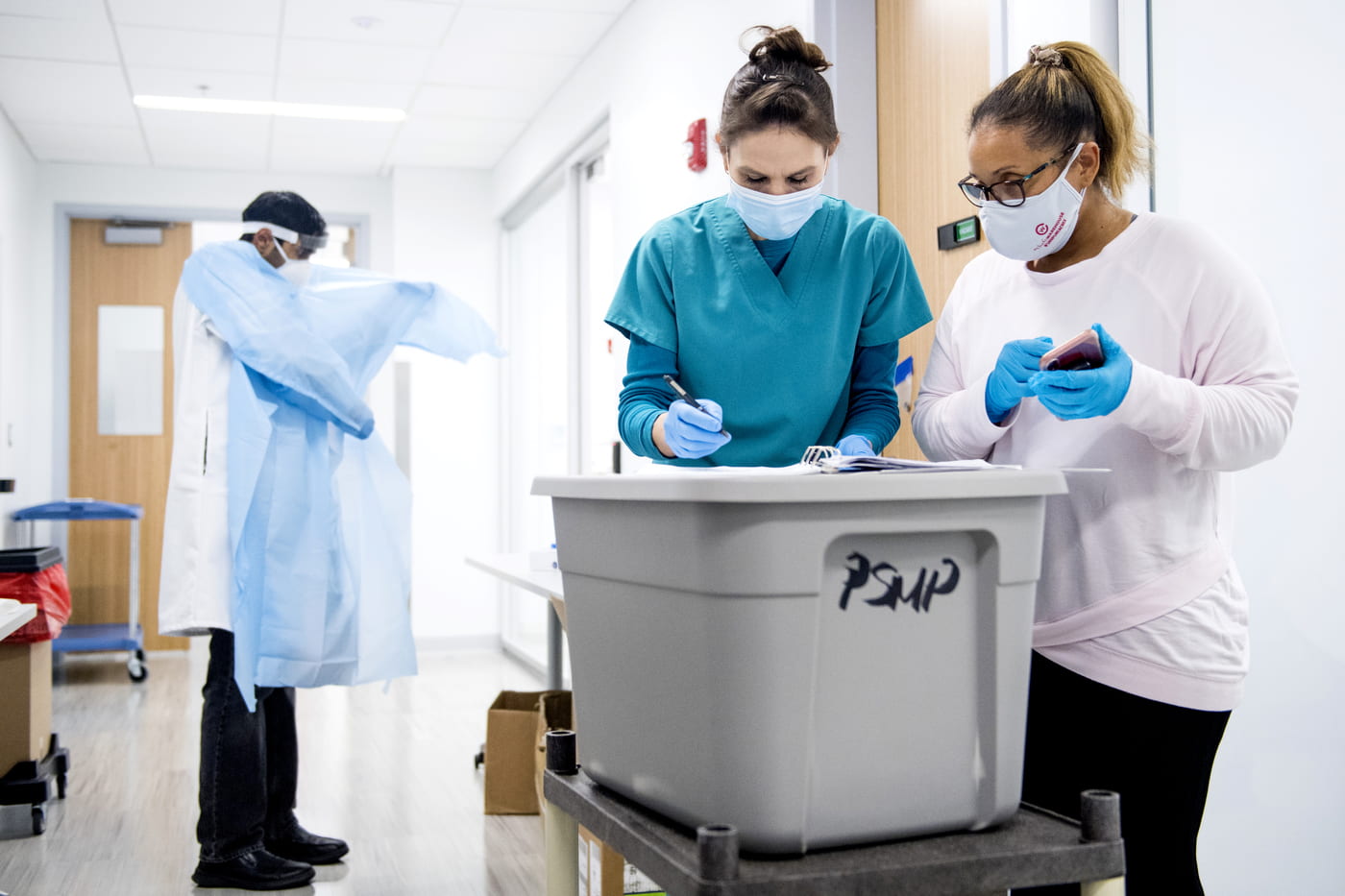
An LSTC staffer signs off on receiving a shipment of samples. (Photo by Matthew Modoono/Northeastern University)
About The Test
The LSTC received state and CLIA certification in August 2020 to conduct the high-complexity molecular tests (qRT-PCR tests) which are considered the gold standard in clinical testing for COVID-19. Learn more about the testing procedure here.
About The Leadership
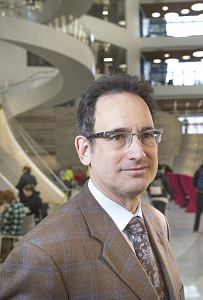
(David Luzzi, PhD)
David Luzzi, PhD, MBA, is the senior vice provost for research at Northeastern, where he is also senior advisor to the president, chairman of the board of the Kostas Research Institute (KRI) at Northeastern University, LLC, a former dean of the College of Engineering, and a professor of mechanical and industrial engineering.
Luzzi leads applied research programs funded by the U.S. Army, Navy, and Air Force on materials and manufacturing, expeditionary cyber, expeditionary maneuver, shipyard modernization, and the detection and countering of autonomous systems. As a professor, Luzzi has extensive teaching and research experience in materials, nanoscience, and atomic-level structure and processes. His research program executed projects for the Army, Navy, Air Force, NATO, National Science Foundation, NASA, the European Union, and other international, federal, and state agencies and corporations. He has authored over 130 publications and patents on nanoscale phenomena, instrumentation, and materials, cited in over 8,000 publications. Two companies were spun out of Luzzi’s research lab.
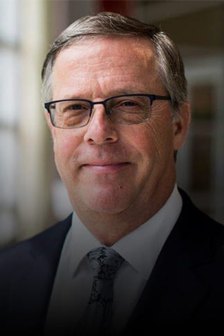
(Peter Boynton)
Peter Boynton is the vice president of the Innovation Campus at Burlington, MA (ICBM), and a professor of the practice at Northeastern. Previously he was the commissioner of emergency management and homeland security for the State of Connecticut, appointed by both Democratic and Republican governors. In this role he oversaw three presidential disaster declarations, supported the response to the H1N1 virus, and established the state intelligence fusion center and statewide emergency response framework.
As an officer in the U.S. Coast Guard, Boynton commanded three Coast Guard cutters, was captain of the port, and served as a director on the National Security Council’s staff at the White House. He was subsequently appointed Federal Security Director for the Transportation Security Administration at Bradley International Airport, the second largest in New England, which he helped raise from the lowest TSA rating to the top 10. Boynton has testified before the U.S. Congress on emergency management and homeland security.
Boynton holds a master’s degree from Harvard University and an ocean engineering degree from the U.S. Coast Guard Academy. He also has an unlimited master’s license for oceangoing vessels of any tonnage.
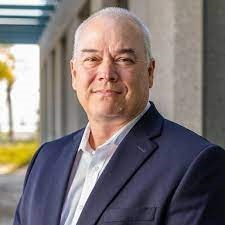
Thomas (Tom) Vaneck joined KRI in April 2022, where he serves as the chief executive officer. Previously, he was Vice President and Managing Director of the Aerovironment Innovation Center New England, where he led the engineering and product development activities for the greater New England area, focused primarily on small, multi-rotor unmanned aircraft systems.
Tom has broad robotics experience (underwater, air, and space) with particular expertise in miniaturization and biomimetics. Before his time at Aerovironment, Tom cofounded and led InstantEye Robotics, a division of Physical Sciences Inc. (PSI), as the Vice President of Disruptive Technologies. Prior to PSI, Tom was the Vice President of Research and Development at Aurora Flight Sciences where he stood up and ran the Research and Development Center based in Cambridge, Massachusetts.
Tom earned a Ph.D. in Aerospace Engineering (focused on controls engineering) from Stanford University, Master of Science degree in Aerospace Engineering, Master of Arts degree in Mathematics, and a Bachelor of Science degree in Aerospace Engineering, all from Penn State University. Tom was also a Postdoctoral Fellow at MIT in the Aerospace Engineering Department and the Sea Grant College Program.
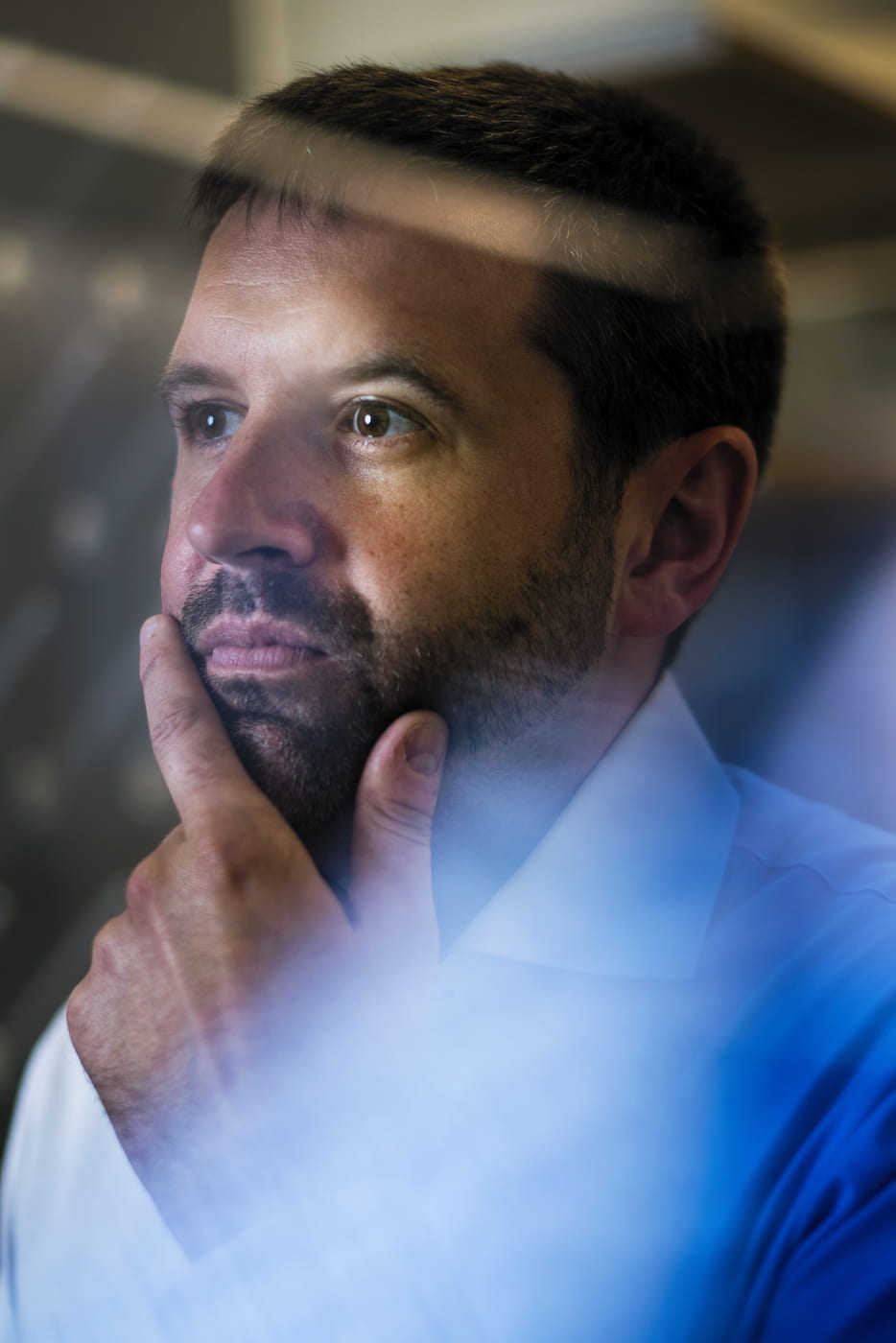
(Jared R. Auclair, PhD. Photo by Adam Glanzman/Northeastern University)
Jared R. Auclair is the Vice Provost for Research Economic Development and the Director of Bioinnovation at Northeastern University. Dr. Auclair also directs the Biopharmaceutical Analysis Training Laboratory, the Asia-Pacific Economic Cooperation Center of Regulatory Excellence in Biotherapeutics and oversees the International Council for Harmonisation training. These appointments allow Dr. Auclair to collaborate with both academic researchers and industry in the area of biopharmaceutical development and analysis, as well as international regulators on best practices and new advances in the regulatory sciences for drug approvals.
Prior to joining Northeastern, Dr. Auclair received his bachelor’s degree in biotechnology from Worcester Polytechnic Institute and a PhD in Biomedical Science from the University of Massachusetts Medical. In both instances, Dr. Auclair’s research focused on understanding the molecular mechanism of HIV-1. Upon graduating with his PhD, he did a post-doc under Greg Petsko, Dagmar Ringe and Jeffrey Agar at Brandeis University. Here Dr. Auclair used protein biochemistry, protein crystallography and protein mass spectrometry to study the molecular mechanism of Amyotrophic Lateral Sclerosis. Currently, Dr. Auclair uses his expertise in Analytical Biochemistry to address topics as broad as protein chemistry, lipid biology, proteomics, and metabolomics.
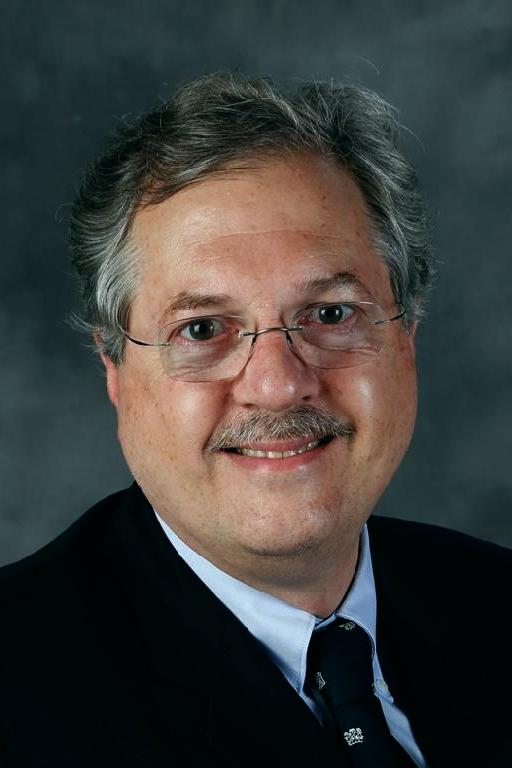
(Dr. Gyorgy Abel)
Dr. Gyorgy Abel is the Medical Director of Molecular Diagnostics, Clinical Chemistry/Immunology, and Point of Care Testing at the Lahey Hospital & Medical Center in Burlington, Massachusetts. He also serves as Instructor in Pathology, Part-time, at Harvard Medical School. Gyorgy received his M.D., and a Ph.D. degree in immunology in Hungary, completed post-doctoral research fellowship at the Brigham and Women’s Hospital, and pathology residency at the Massachusetts General Hospital in Boston, and received board certifications in Clinical Pathology and Molecular Diagnostics. He made significant contributions to hepatitis C virus research by demonstrating the use of LDL receptor by the virus as a port of entry into hepatocytes. His professional interests include precision medicine testing (Next Generation Sequencing for oncology), rapid molecular testing for infectious disease agents, and autoimmune disease diagnostics.
Dr. Abel has held office in professional organizations such as the American Association for Clinical Chemistry (AACC), the College of American Pathologists, the American Association of Immunologists, and the Federation of American Societies for Experimental Biology (FASEB). He is the current President of the AACC Academy. He is also an Overseas Fellow of the Royal Society of Medicine, U.K. Gyorgy is the author or co-author of approximately 100 peer reviewed articles, book chapters, and scientific conference presentations. He frequently speaks nationally and internationally on current issues in clinical pathology and molecular diagnostics.